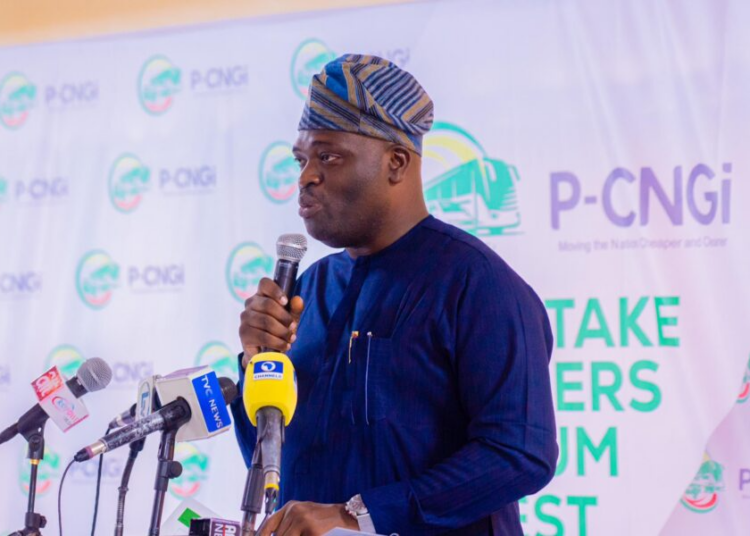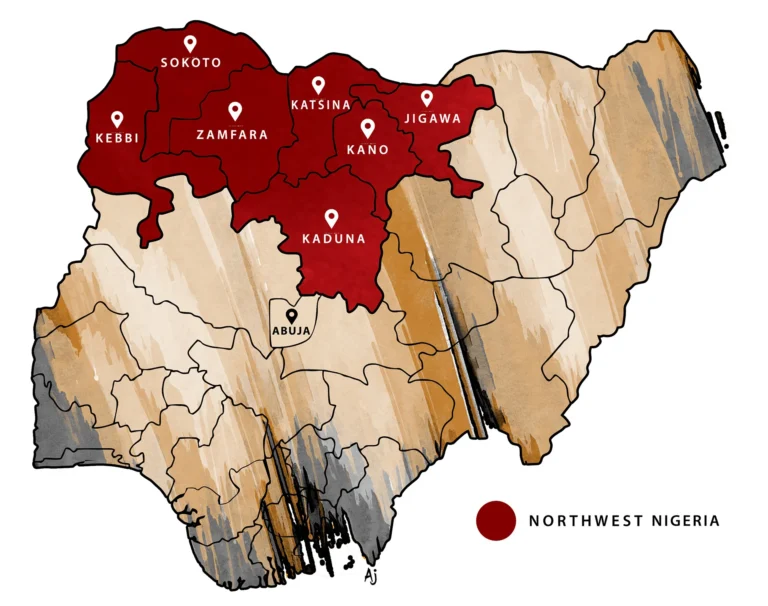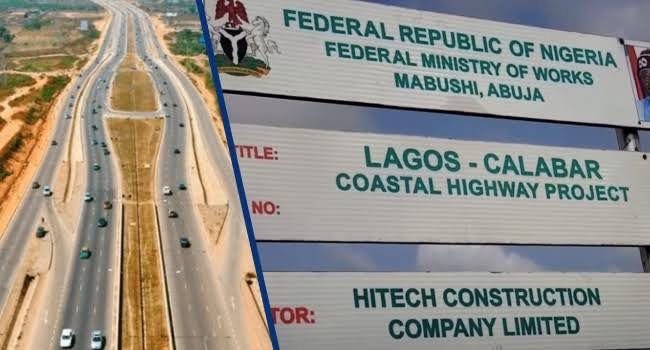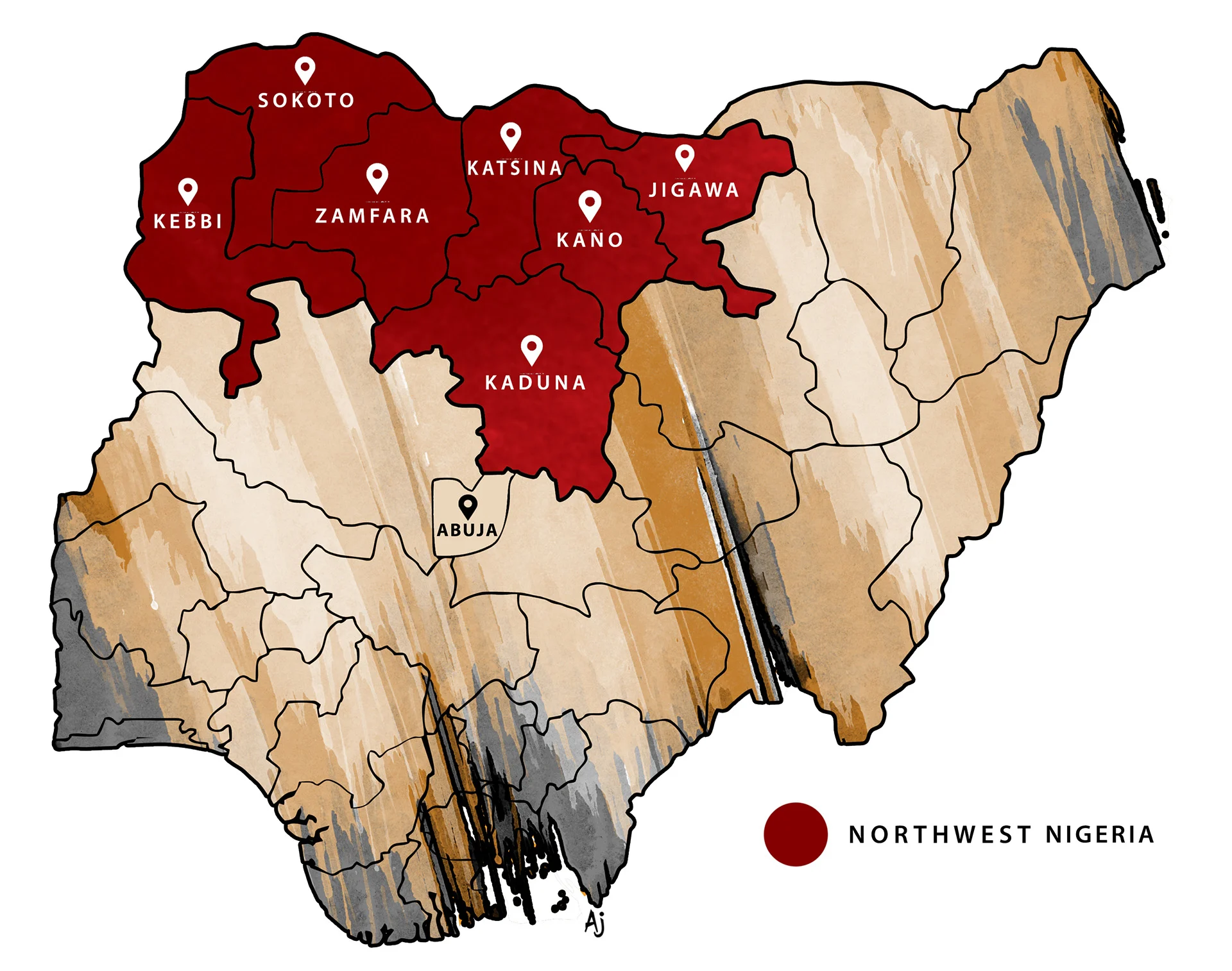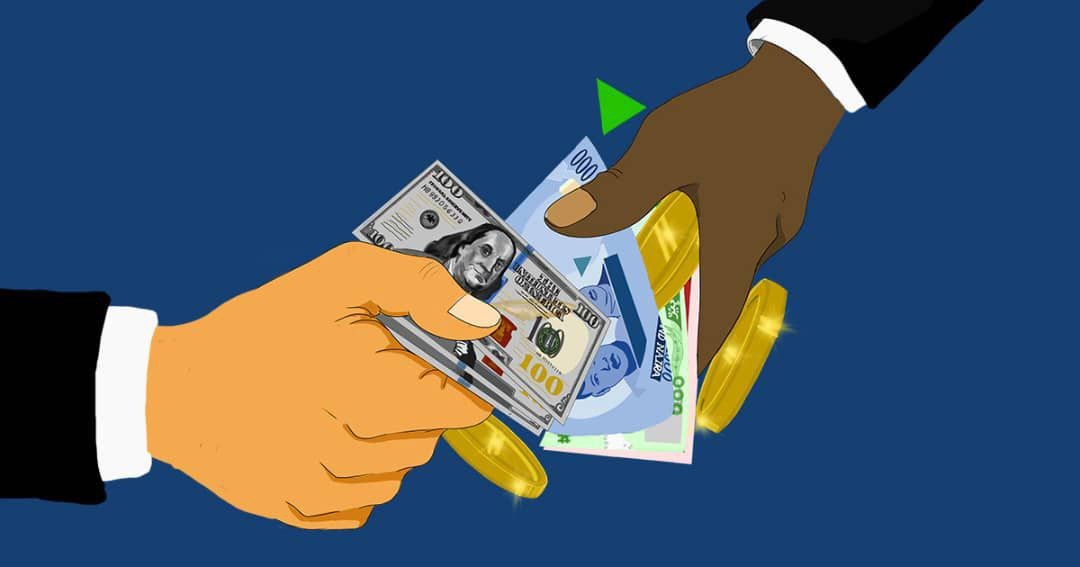Compressed Natural Gas (CNG) prices in Nigeria have skyrocketed from N230 to N450 per standard cubic metre following the Federal Government’s decision to withdraw subsidies.
The price adjustment affects different vehicle categories, with trucks bearing the full N450/SCM cost while commercial drivers and private car owners still enjoy partial subsidies at N380/SCM.
An unnamed official from the Presidential Compressed Natural Gas Initiative (PCNGI) confirmed the price restructuring, explaining the government’s rationale for maintaining subsidies on commercial vehicles.
The differential pricing strategy aims to prevent transportation costs from escalating further, protecting consumers from additional inflationary pressures.
A major CNG retailer, speaking anonymously, revealed that NNPC Gas Marketing Limited orchestrated the upward price revision after maintaining below-cost pricing since 2023.
The retailer warned that prices could climb to N500-N600/SCM soon, suggesting the government is positioning to attract private sector investment in the CNG infrastructure.
The Federal Government had initially subsidized CNG heavily to encourage adoption after removing petrol subsidies, when fuel prices jumped from N175 to N870 per litre. This pricing strategy was designed to make the alternative fuel economically attractive to Nigerian motorists.
Infrastructure Bottlenecks Threaten CNG Adoption Goals
Despite government efforts to expand CNG infrastructure, long queues stretching up to 1.5 kilometres at refueling stations continue to frustrate converted vehicle owners.
The PCNGI official emphasized that increasing station availability remains the program’s primary focus, with plans to reduce wait times and improve accessibility.
Vehicle owners who invested between N1.5 million or more in conversion are expressing concerns about returning to petrol due to persistent queues and rising prices.
Ride-hailing driver Adeyemi Paul highlighted how the current challenges are undermining the government’s promise of cheaper fuel alternatives.
CNG Program Shows Mixed Progress Despite Challenges
The initiative has recorded significant milestones, with converted vehicles increasing from fewer than 4,000 to nearly 100,000 within one year.
Conversion centres expanded from seven to 265 nationwide, while operational refueling stations grew from 20 to 60, with 175 additional stations under development.
Program Director Michael Oluwagbemi previously defended the implementation pace, stating that over 10,000 direct jobs were created through the initiative.
The government plans to commission an additional 100 CNG stations within the next three months to address infrastructure gaps.
Market Dynamics Reveal True Cost of Alternative Fuel
Industry analysts suggest the price increases reflect the actual market cost of CNG production and distribution, previously masked by government subsidies.
The gradual subsidy withdrawal indicates Nigeria’s transition toward market-determined energy pricing across all fuel categories.
The pricing disparity between CNG and petrol is narrowing, potentially affecting the economic incentive that initially drove mass conversion.
This development raises questions about the long-term viability of CNG as Nigeria’s primary alternative fuel solution without sustained government support.


